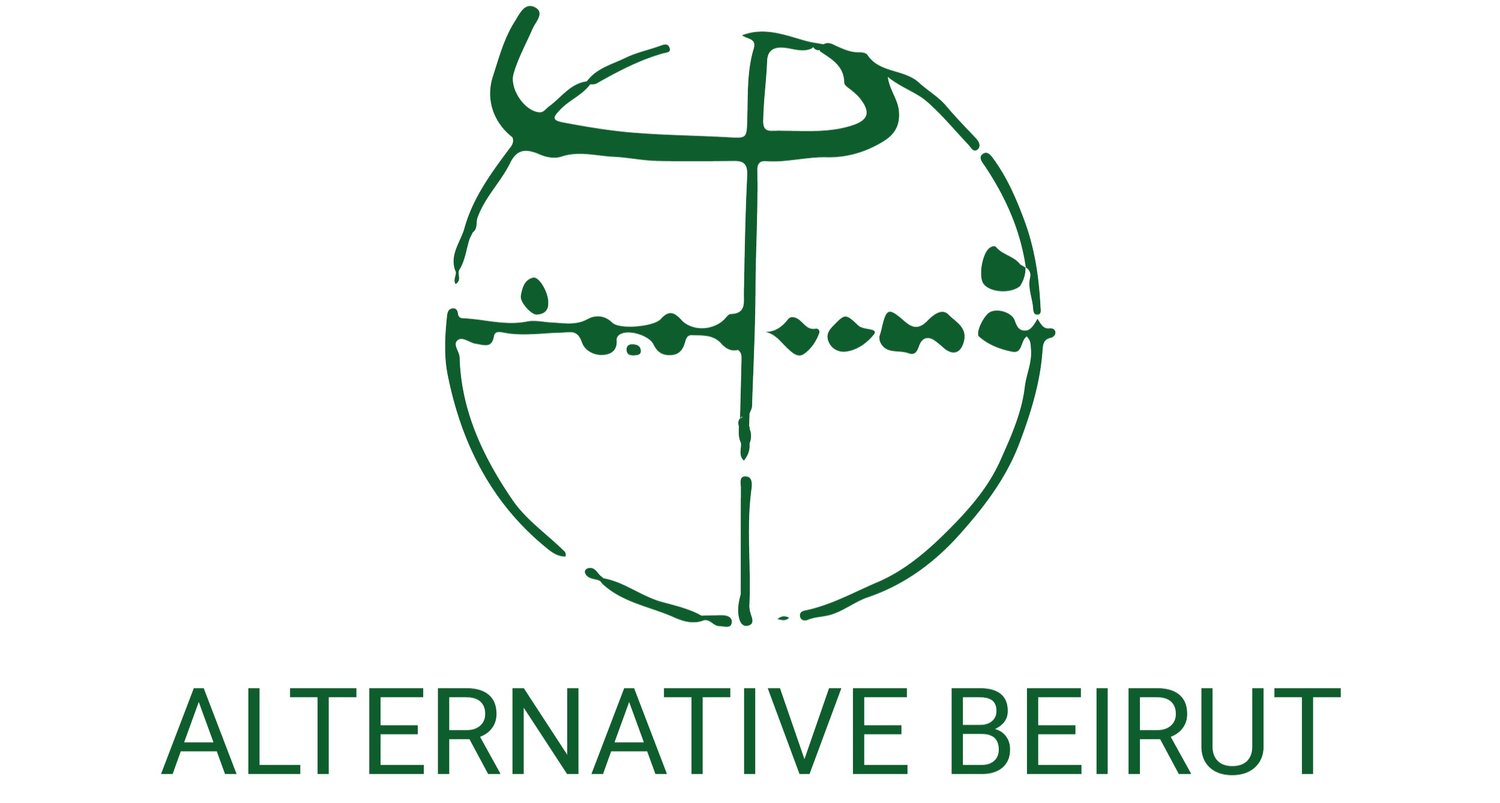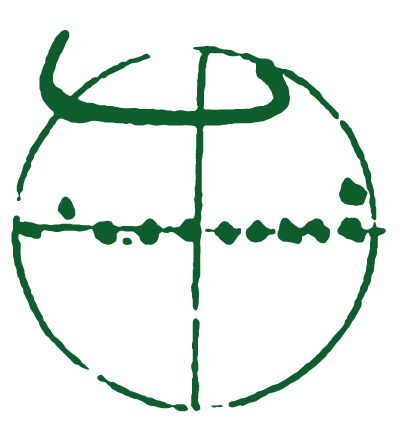Oral History
Lebanese history textbooks end in 1943 when the nation gained its first independence. Recent history is intentionally excluded from academic curriculum, while completely turning a blind eye to the civil war. Thus, the younger generation has received little formal education about the Lebanese civil war era (1975-1990), before and afterwards. The reasons vary from being too sensitive to be thoroughly examined, to willing to adopt a commonly reliable narrative that fits every political agenda.
As a result, we rely heavily on orally narrated history, which can serve a dual purpose; reconciliation or politicization.
Oral History can provide a bottom-up platform for marginalized or misrepresented people to raise their voices against the dominated conventional narrative of people in power. It can foster a more inclusive and multi-faceted historical discourse.
On the other hand, in a politically sensitive environment like Lebanon's, oral histories could be manipulated or twisted for political purposes. This emphasizes the significance of rigorous methodology in the collection and analysis of oral histories.
As an alternative, there are several platforms that are providing a reformed history narrative. For instance, “Maabar” is a platform for sharing individual oral histories in order to develop an evolved collective memory and share it throughout the entire society. They believe that, in a country where recalling the past is avoided, oral history can act as a point of reference. These narrated stories have a transformative power that bridges the past and the present by illuminating the complexities of the civil war, and establishing empathy and reconciliation.
“Heritage and Roots” is another platform managed by the public historian, Charles al Hayek, who addresses different disparities in Lebanese history, and shares stories beyond the common narratives.

